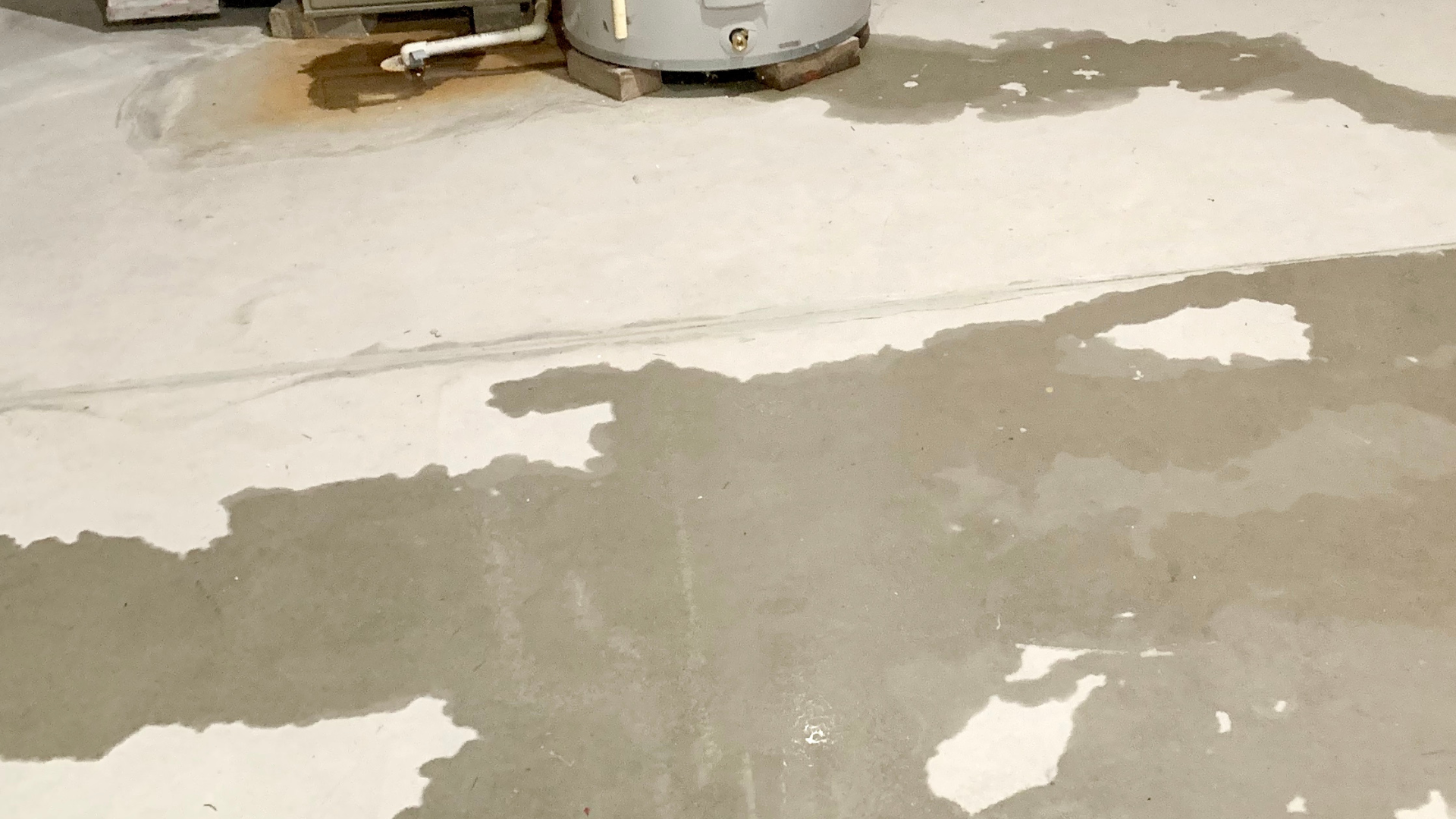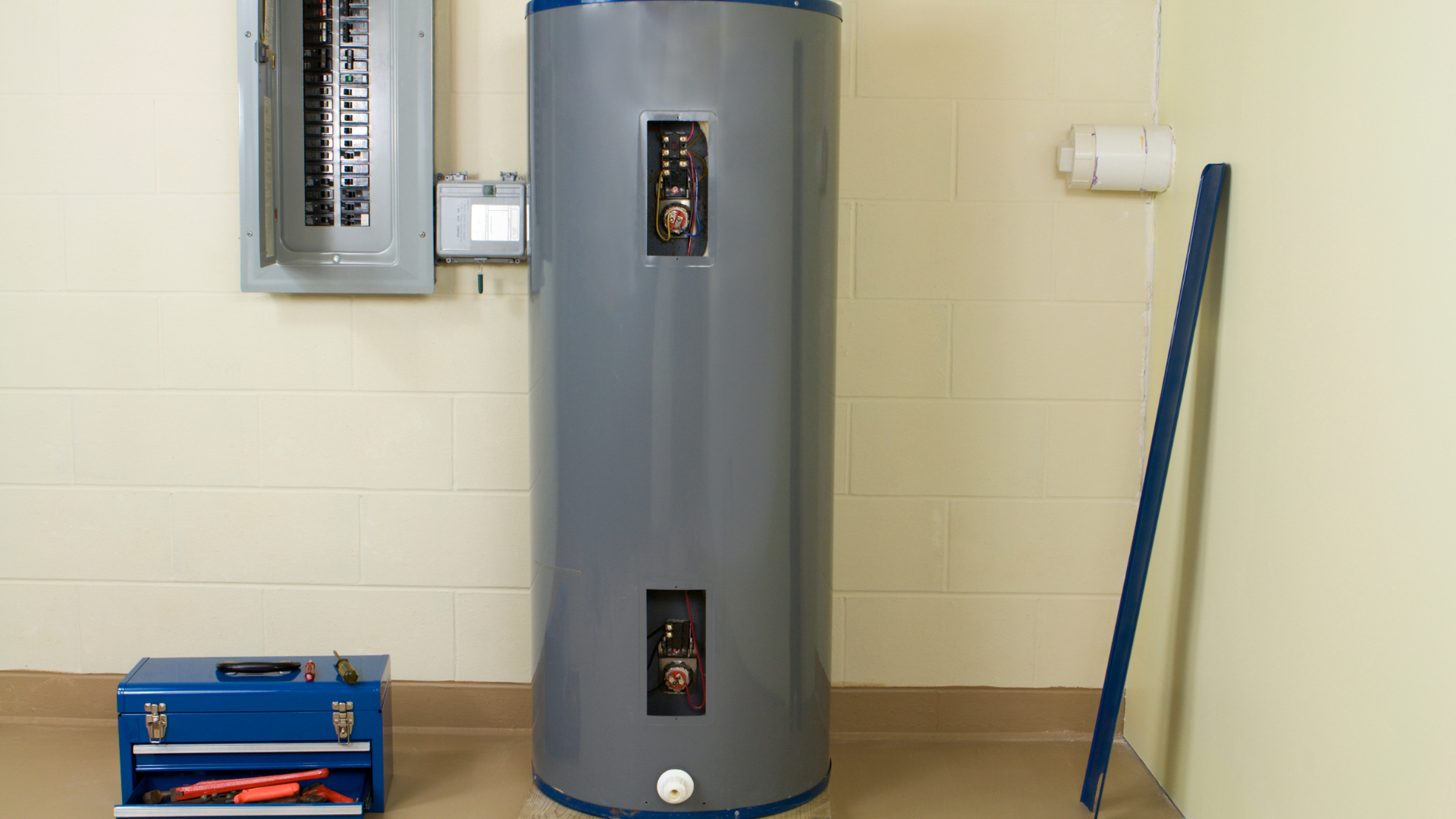Hawaii
How a Homeowner Can Navigate Contractor Licensing in the Aloha State

For homeowners in Hawaii, navigating home service contractors requires understanding a robust state-level licensing system for almost all construction and renovation work. Hawaii's unique "General Excise Tax" also applies differently than a typical sales tax.
Licensing Requirements for Home Service Contractors in Hawaii
Hawaii has comprehensive state-level licensing for almost all contractors performing work valued at $1,000 or more, or work requiring a building permit. The Hawaii Department of Commerce and Consumer Affairs (DCCA), Professional and Vocational Licensing Division, Contractors License Board is the primary authority.
- Statewide General Contractor Licensing:
- Any person or entity performing work that involves altering any realty, or constructing, altering, moving, wrecking, or demolishing any building or structure, and the value of labor and materials exceeds $1,000, or if a building permit is required, must be licensed.
- This includes general building contractors (Class B) and general engineering contractors (Class A) for larger, fixed-works projects. There are also numerous specialty classifications (Class C) for specific trades.
- Key Requirements for Licensing:
- Age: Must be at least 18 years old.
- Experience: A minimum of four years of supervisory experience within the past ten years immediately preceding the application in the specific license classification being sought.
- Financial Standing: Applicants must submit a current and complete credit report (covering at least 5 years) for all officers, partners, or responsible managing employees (RMEs). A current Hawaii State Tax Clearance is also required.
- Examination: Approved applicants (or their designated Responsible Managing Employee - RME) must pass two state-administered exams:
- A Contractor Business and Law examination.
- A Trade examination specific to the classification applied for.
- Responsible Managing Employee (RME): If the applicant is a corporation, partnership, LLC, or LLP, they must employ a licensed individual (the RME) who meets the experience and examination requirements.
- Insurance: Proof of General Liability Insurance and Workers' Compensation Insurance (if they have employees) is required.
- Bond: A contractor license bond is also required.
- Fees: Various application, examination, and biennial licensing fees apply.
- Specialized Trades:
- Plumbers: Licensed by the Plumbers and Electricians Licensing Board (under DCCA). Licenses include Journeyman and Master Plumber. Requires significant apprenticeship/journeyman experience and passing state exams.
- Electricians: Also licensed by the Plumbers and Electricians Licensing Board (under DCCA). Licenses include Journeyman and Master Electrician. Requires documented experience and passing state exams based on the National Electrical Code.
- HVAC Contractors: While there isn't a single "HVAC" license classification, work involving HVAC systems typically falls under specific "C" (Specialty) classifications issued by the Contractors License Board (e.g., C-61 for Refrigeration and Air Conditioning). EPA Section 608 Certification is also required for anyone handling refrigerants.
- Local Permits: Even with a state contractor license, contractors must still obtain all necessary building permits from the specific county's Department of Planning or Department of Permitting and Planning (e.g., City and County of Honolulu, County of Hawaii, County of Maui, County of Kauai). These permits ensure adherence to local building codes and inspections.
Hiring an unlicensed contractor in Hawaii for work exceeding $1,000 or requiring a permit is a violation of state law and significantly increases your risk. Always verify their license.
How General Excise Tax (GET) Applies to Home Service Projects in Hawaii
Hawaii does not have a traditional "sales tax." Instead, it imposes a General Excise Tax (GET), which is a privilege tax levied on the gross income of businesses for the privilege of doing business in Hawaii. This means the GET is applied at various stages of production and distribution, including on contractors' gross receipts.
- GET on Construction Contracting Services:
- Construction contracting services, including labor and materials, are generally subject to the GET.
- The standard state GET rate is 4.0%. However, counties can impose a county surcharge, typically 0.5%, leading to a combined GET rate of 4.5% in most populated areas (e.g., Honolulu, Maui, Kauai, Hawaii County).
- Contractors pay GET on their gross receipts from the project, which includes both the cost of materials and the labor charged to the homeowner.
- Passing on GET to Customers: While businesses are not legally required to visibly pass on the GET to their customers, it is a common practice, especially for retail-like transactions and services. Most contractors will build the GET into their pricing or itemize it as a separate line item.
- Pyramiding Effect: One unique aspect of the GET is that it can "pyramid," meaning the tax may be imposed multiple times as goods and services move through the economic chain. However, for contractors, Hawaii Revised Statutes § 237-13(3)(B) allows a deduction for amounts paid to subcontractors for GET purposes, reducing this pyramiding effect on a single project.
What this means for homeowners:
- You should expect the cost of your home service project in Hawaii to effectively include the GET. The contractor will owe this tax on their gross receipts from your project.
- While not a "sales tax" collected from you directly, the contractor will factor this 4% or 4.5% into your total project cost, and they may show it as a separate line item on your invoice.
How to Verify Licensing in Hawaii
Verifying a home service contractor's license in Hawaii is straightforward as it's largely centralized through the state's Professional & Vocational Licensing Division (PVL).
DCCA Professional & Vocational Licensing Division (PVL) - License Search:
- This is the definitive source for verifying state contractor licenses (General, Engineering, and Specialty classifications) as well as Plumbing and Electrical licenses.
- Website: Go to the DCCA PVL website: https://cca.hawaii.gov/pvl/. Look for a "License Search" or "Verify a License" link. The direct search portal is often found at: https://pvl.ehawaii.gov/pvlsearch/.
- Search Options: You can search by individual name, business name, or license number. Be sure to select the correct "Board" (e.g., "Contractors License Board" or "Plumbers and Electricians Licensing Board") and "License Type."
- Information Provided: This search will confirm if the license is active, its expiration date, the classification(s) held, and often any public disciplinary actions.
Hawaii Secretary of State / Business Registration Division:
- While not a licensing body for contractors, you can verify if a contractor's business entity (LLC, corporation, etc.) is properly registered in Hawaii.
- Website: DCCA Business Registration Division: https://cca.hawaii.gov/breg/ (look for "Search for a Business Entity").
Local County Permitting Offices:
- After verifying the state license, contact your local county's permitting office (e.g., City and County of Honolulu Department of Permitting and Planning, County of Hawaii Planning Department) to confirm that the contractor can pull permits in your area and that all necessary permits are obtained for your specific project.
Proof of Insurance and Bond: Always request current Certificates of Insurance for general liability and workers' compensation. Given the state requirements, also ask for proof of their current license bond. You can contact the issuing insurance and bonding companies to verify coverage.
Always hire a contractor with a valid Hawaii contractor license for any significant home improvement project. This is your best protection against unqualified work and potential legal issues.
Sources
- Hawaii Department of Commerce and Consumer Affairs (DCCA), Professional and Vocational Licensing Division (PVL):
- Main PVL Website: https://cca.hawaii.gov/pvl/
- Contractors License Board: https://cca.hawaii.gov/pvl/boards/contractor/
- License Search Portal: https://pvl.ehawaii.gov/pvlsearch/
- Plumbers and Electricians Licensing Board: https://cca.hawaii.gov/pvl/boards/electrician/ (Information often combined under this board)
- Hawaii Department of Taxation (DOTAX):
- General Excise Tax (GET) Information: https://tax.hawaii.gov/geninfo/get/
- Tax Facts 37-1 General Excise Tax (GET) - Hawaii.gov (PDF): https://files.hawaii.gov/tax/legal/taxfacts/tf2015-37-1.pdf
- An Introduction to the General Excise Tax (PDF): https://files.hawaii.gov/tax/legal/brochures/GE_brochure-23.pdf
- Hawaii DCCA - Business Registration Division (Business Search): https://cca.hawaii.gov/breg/ (Look for "Search for a Business Entity")
- Local County Permitting Information (Examples):
- City and County of Honolulu - Department of Planning and Permitting: https://www.honolulu.gov/dpp
Click Another Article to Read More










